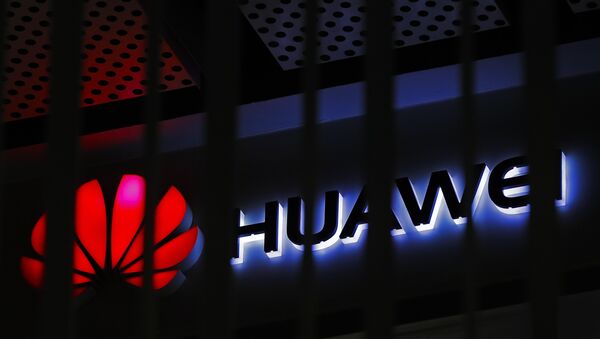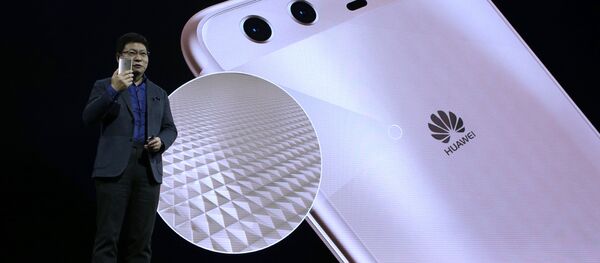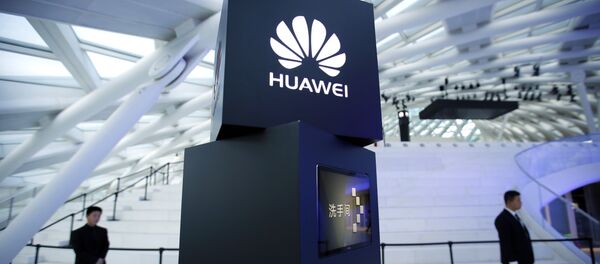Analysts pointed out that Germany has relied heavily on US intelligence in its anti-terrorism operations and the threat by Washington seems to hit Germany right at its weak spot.
Germany was scheduled to hold the auction of 5G spectrum licenses next week at the earliest. Berlin said that it would tighten security criteria for all vendors but does not want to exclude any company. Huawei also welcomed the new criteria.
Washington has been coercing Berlin with menaces. For Germany, it is still important to retain security cooperation with the US. Although Germany and France are discussing the autonomy of European security, the continent has not truly determined to live without the US security shelter.
But Germany has serious reasons not to ban Huawei. First, Huawei can help Germany's 5G construction with high efficiency and low costs. Second, the warning from the US has obviously infringed upon Germany's sovereignty. This is not the first time that Grenell has made dictatorial gestures toward Berlin. Since assuming the role as US Ambassador to Germany, he has made Berlin uncomfortable by warning against the Russian gas pipeline and demanding German companies cease business in Iran. If Berlin bows to US demands this time, that means Berlin gives its consent to the right of Washington to be bossy.
The letter written by the US Ambassador indicates that the US can only resort to menaces against its European allies. But Europe should be experienced enough to realize that developing friendly relations with China is not a burden to its ties with the US. Rather, the relationship can serve as strategic leverage with which Europe can change the US attitude.
Washington does not take seriously a Europe that is completely beholden. Europe must have the courage to distance itself from the US while at the same time develop ties with China and Russia. The world is changing, and so should Europe's strategies. The continent should seek to maximize its interests instead of serving as an adherent of the America First doctrine.
This article was originally published in Global Times.




